
HIV, Prison, but finally Freedom in Christ – Christine’s story!
Soweto Kayole Clinic ran, by AEE Kenya, has served the people of Kayole since 1991, providing 33 years of service to the community. A community that has grown to love and appreciate the essential services offered within the clinic, services that they can afford. One of the key ministries the clinic offers is the HIV-positive support groups. These were started to provide a safe space for those affected in one way or another. A space where stigma can be destigmatized, hard questions can be answered, fears shared, and stories told without fear of condemnation.
As of this year, the clinic handles 872 HIV-positive patients a month. All these men, women, and children have different dates for their support groups. They are divided into groups based on the year they were infected. Many of them have been attending for over a decade and find strength and comfort within their respective groups. One of the ladies graciously agreed to tell her story:

“My name is Christine Mbone, born and raised in Vihiga County. I am 38 years old and a mother of three children. I am HIV Positive. It took me years to come to terms with the fact that I am HIV Positive.
It all started with marriage many years ago. I met a man and fell in love with him. We were married for 11 years. For most of the marriage, he did not disclose to me his HIV status. A couple of years into the marriage, I felt sick, upon visiting the hospital, the tests done revealed my status. I was crestfallen. When I told my husband, he refused to get tested as well. He was in denial. Unfortunately, he passed away in 2016.
Around that time, things started getting tough. His family shunned me and treated me with resentment and bitterness. They chased me and my children from my home, and they grabbed the land my husband left me. My children did not understand why all this was happening. It was during this season that I relocated to Nairobi. Kayole to be exact. Life was not easy; I rented a small shack that was meant to be a shop. That is where my children and I would sleep at night. We lacked food and water to drink. I tried getting a job selling ‘Omena’ (Silver cyprinid). But that was not paying as some days the boss would pay us with the same Omena at the end of the day. That is when I got into the business of selling my body in the streets of Nairobi. I knew about my status, and it bothered me because I knew I would end up infecting others, but the desire to feed my children was greater than that fear. Two years into that, I was arrested along with some other women, and remanded to Langata Women’s Prison. I was there for two years.
It was in prison that I received Christ.
When I was released, I came back determined to do better. Keep in mind, in all these, my children were not aware of my status. I used to hide my drugs whenever I was home. Even the visits to the hospital were hidden from them. When I joined the support group, I shared my fears with my friends, and one of them gave me an idea. So, I disclosed my story and status to my closest friend. She was shocked, but came to terms with the news and vowed to walk with me. It was through that interaction that I asked her to help me break the news to my children. She sought out my eldest child and broke the news to her on my behalf. She did not take it well at first out of fear that I might have infected them, but when they were tested and the results came back negative, that is when they now started rebuilding a relationship with me, being fully aware of my status and struggles.
It is also through the community that I have built up the courage and strength to face life anew. I also helped build a local church in my community. It has been a journey of ups and downs, but within the groups, we help each other through our problems. I play an active role in walking with those who have been recently affected and are struggling with how to pick up the pieces. Our facilitators are also very patient with us, and strict when it comes to monitoring how we take our ARVs. They also monitor our viral loads which is essential to our quality of life. Through the support groups, we also visit the homes of those who are positive and unable to support themselves, and help bring them food, help them with their house chores, and just counsel them.
The journey has been tough. But I am grateful to God and the staff here at the clinic for the efforts they put in to ensure that we live a better quality of life.”

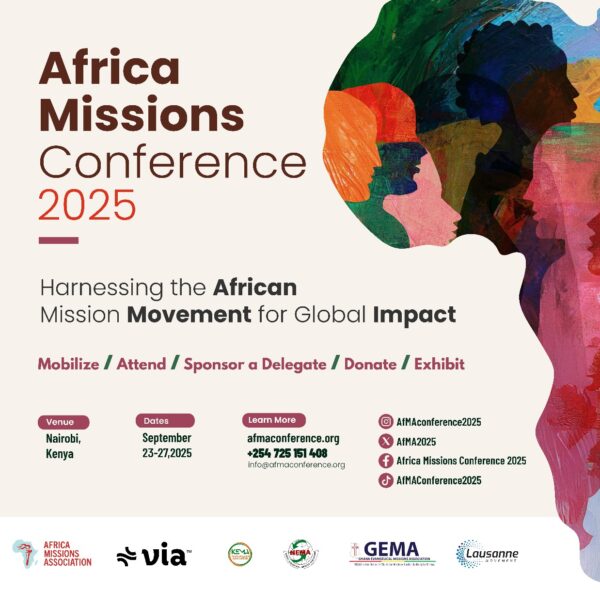
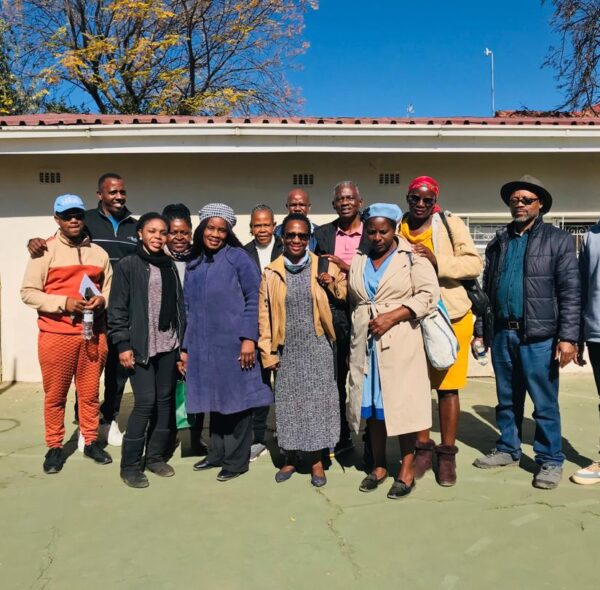
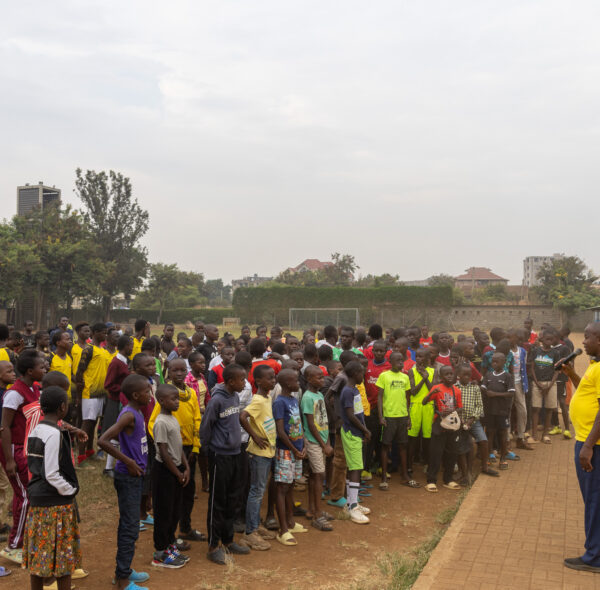
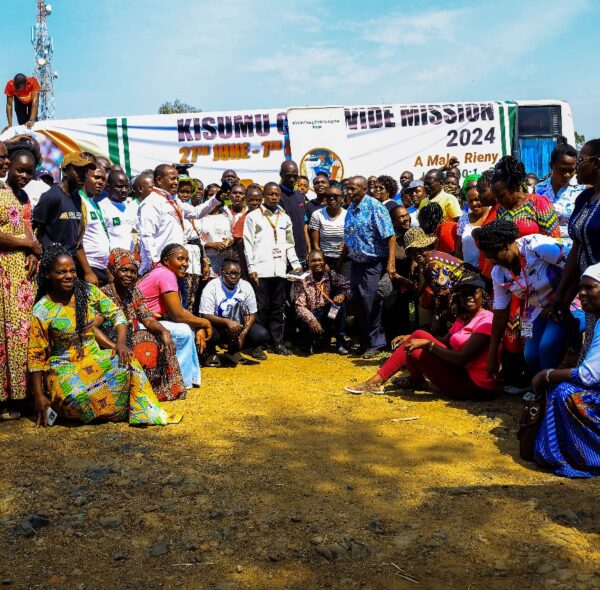
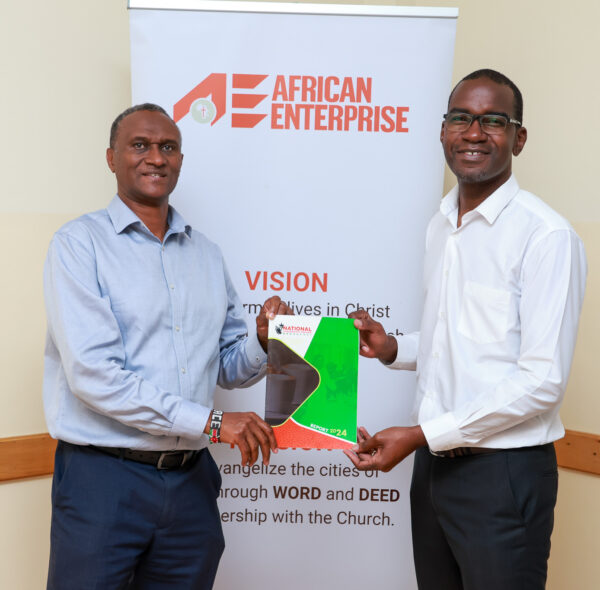
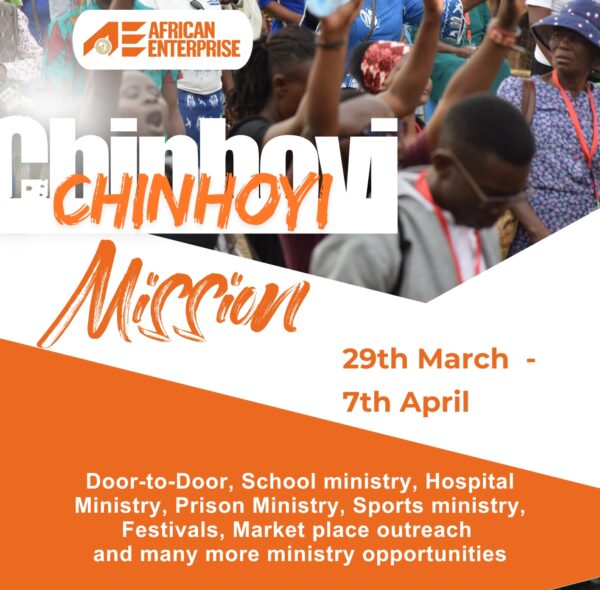
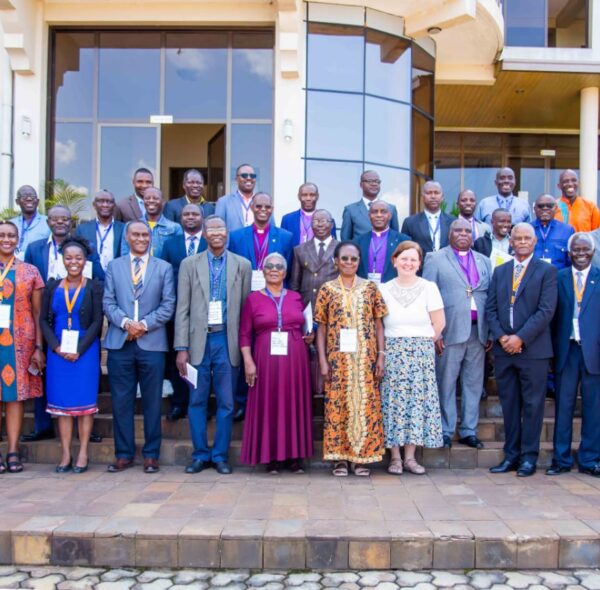
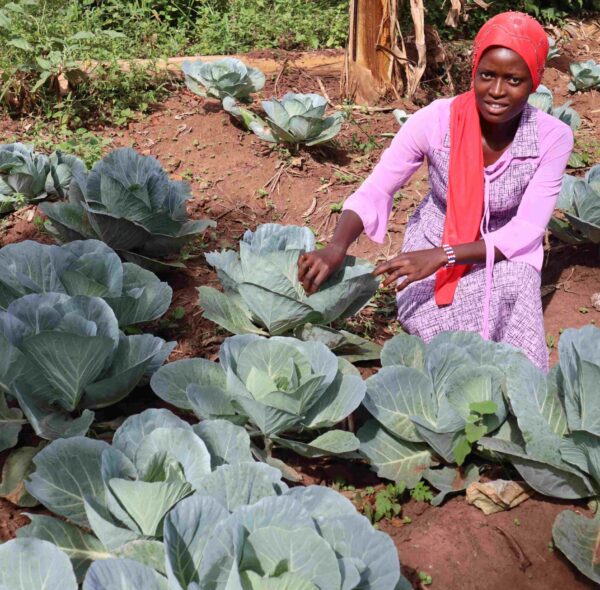
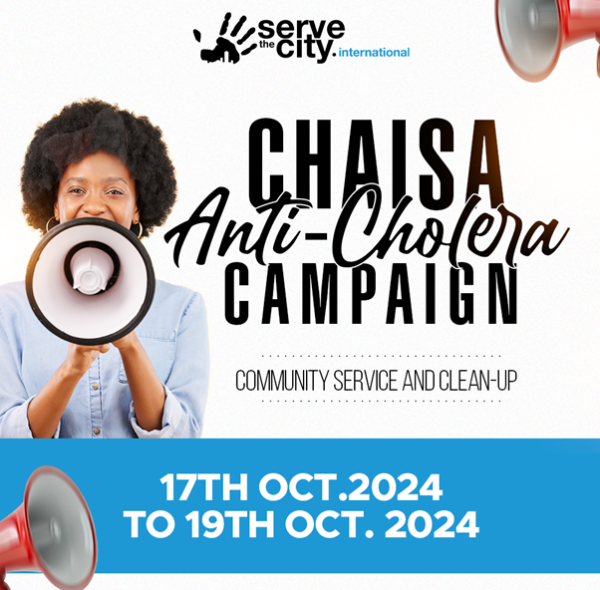
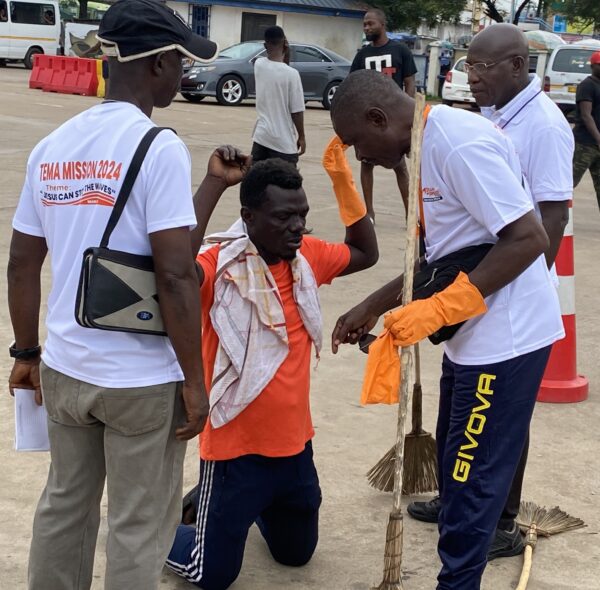

Add your first comment to this post